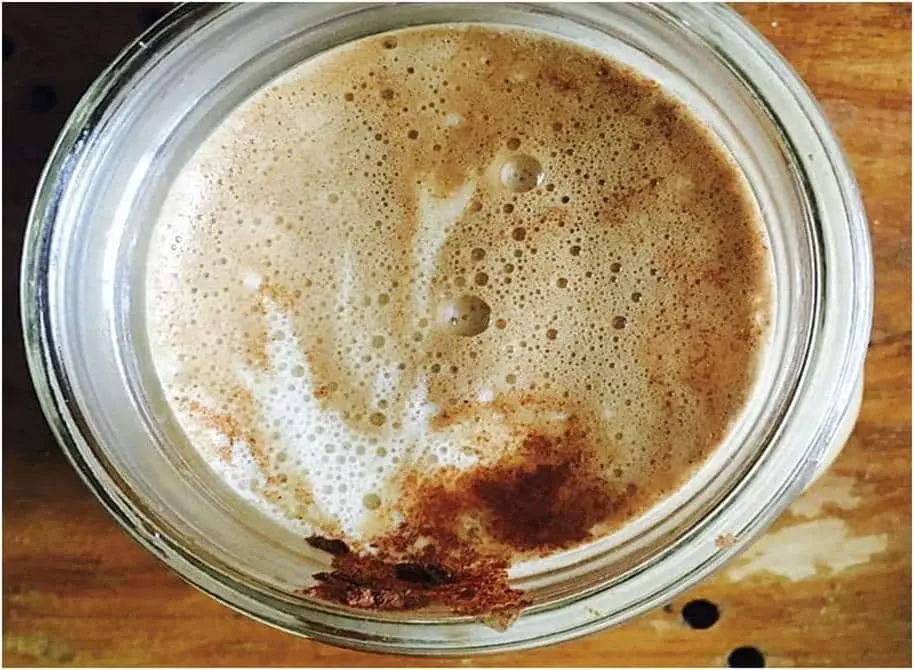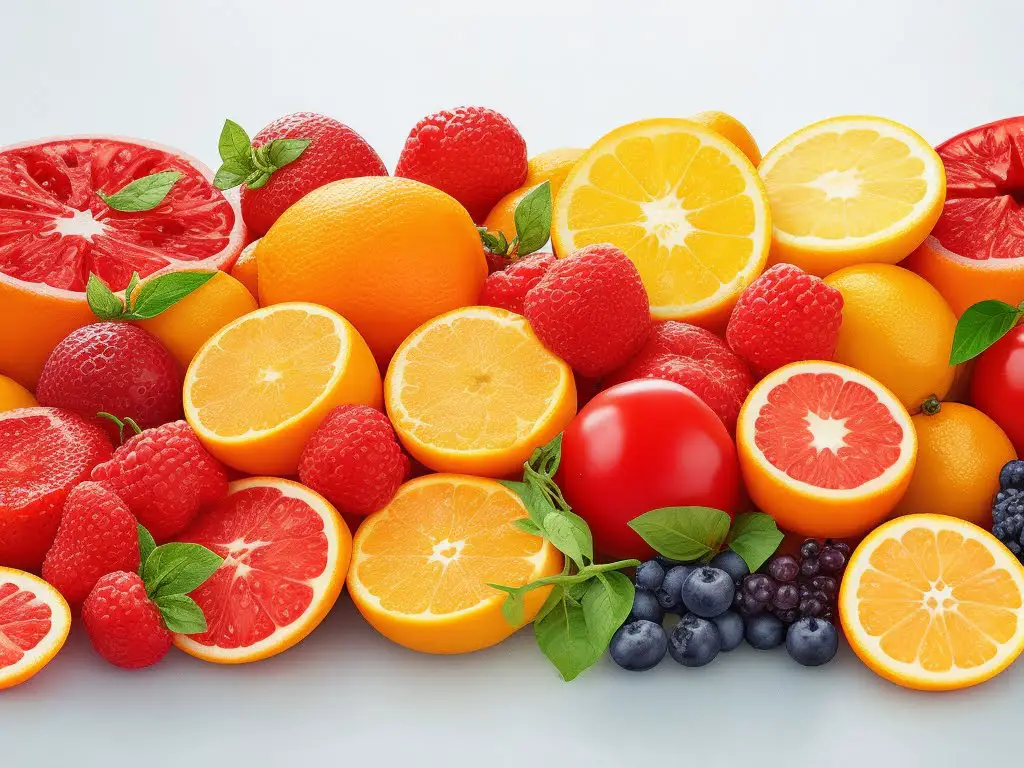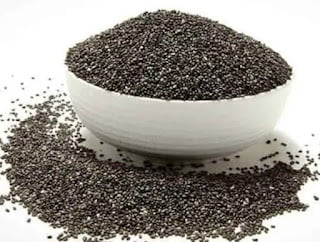Essential Vitamins and Minerals for Immunity: It is more crucial than ever to keep a strong immune system in the fast-paced environment of today. Our immune system serves as the body’s defence system, guarding against dangerous viruses and diseases. It’s crucial to give our immune system the proper nutrition if we want it to work at its best. We will examine the vital vitamins and minerals that are needed for boosting our immunity in this article.
Our immune system is an intricate web of cells, tissues, and organs that fight pathogens nonstop. It depends on a variety of vitamins and minerals to function properly. Let’s explore these necessary nutrients and how they contribute to a healthy immune system.
Essential Vitamins and Minerals
The following essential vitamins and minerals play important roles in supporting a healthy immune system:
- Vitamin A: Vitamin A helps to produce and maintain white blood cells, which are essential for fighting off infection. This vitamin enhances the pathogen-fighting effects of white blood cells and decreases inflammation. It also supports the health of your skin, eyes, respiratory tract, gastrointestinal tract and reproductive organs. You can get vitamin A from animal sources like beef liver, herring, cow’s milk, shrimp, eggs and salmon, or from plant sources like sweet potatoes, carrots, spinach, kale, greens and winter squash

- Vitamin C: This vitamin is a powerful antioxidant that protects your cells from oxidative stress and boosts your immune system. Vitamin C also helps your body produce collagen, which is important for skin health and wound healing. Vitamin C deficiency can lead to scurvy, a disease characterized by bleeding gums, bruising and poor wound healing. Good sources of vitamin C include citrus fruits, berries, and tomatoes. You can get vitamin C from fruits and vegetables like citrus fruits, kiwi, strawberries, bell peppers, broccoli and tomatoes
- Vitamin D: Vitamin D plays a vital role in the function of the immune system. It helps to activate T cells, which are white blood cells that help to fight infection. Good sources of vitamin D include sunlight, fatty fish, and fortified foods. This vitamin is actually a hormone that helps regulate your immune system. It also helps your body absorb calcium and phosphorus, which are essential for bone health. Vitamin D deficiency is associated with an increased risk of respiratory infections, such as influenza and COVID-19. You can get vitamin D from sunlight exposure, or from foods like fatty fish, egg yolks, cheese, mushrooms and fortified foods
- Vitamin E: Vitamin E is another antioxidant that helps to protect cells from damage. It also helps to boost the production of white blood cells. Good sources of vitamin E include nuts, seeds, and avocados.
- Vitamin K: Blood clotting, which is necessary for wound healing and infection prevention, depends on vitamin K. Vitamin K is abundant in leafy greens, broccoli, and Brussels sprouts.
- Vitamin B6: The generation of antibodies, which are crucial for immunological defence, depends on vitamin B6. Fish, chickpeas, and poultry are good sources of vitamin B6.
- Zinc: Zinc is essential for the production and function of white blood cells. It also helps to protect cells from damage. Good sources of zinc include oysters, crab, lean meats and poultry, and nuts and seeds. This mineral is involved in many aspects of your immune system, such as wound healing, cell growth, and antibody production. Zinc also helps your body fight off viruses and bacteria. Zinc deficiency can impair your immune function and increase your susceptibility to infections. You can get zinc from foods like oysters, beef, chicken, beans, nuts, seeds and whole grains
- Selenium: Selenium is an antioxidant that helps to protect cells from damage. It also helps to boost the production of white blood cells. Good sources of selenium include Brazil nuts, tuna, and mushrooms.
- Iron: Haemoglobin, which transports oxygen in the blood, is made with the help of iron. An oxygenated body is more capable of warding against diseases. Lentils, spinach, and red meat are superior sources of iron.
- Folate: The creation and repair of DNA, particularly that of immune cells, depend on folate. Beans, fortified cereals, and leafy greens are excellent sources of folate.
- Copper: It is necessary for the creation of enzymes involved in the immunological response. Shellfish, nuts, and seeds all contain it.
- Magnesium: The Nutrient Messenger for the Immune System By controlling immune cell communication, magnesium promotes immunological health. Whole grains, nuts, and seeds are great providers of magnesium.
- Probiotics: Probiotics are critical for maintaining gut health, which is necessary for a robust immune system. Beneficial probiotics are abundant in fermented foods like yoghurt, kefir, and yoghurt. These are beneficial bacteria that live in your gut and help maintain a healthy balance of microorganisms. Probiotics can modulate your immune system by enhancing the activity of natural killer cells, macrophages and T cells. Probiotics can also prevent or treat some infections by competing with harmful bacteria and producing antimicrobial substances. You can get probiotics from fermented foods like yogurt, kefir, sauerkraut, kimchi and kombucha
Tips for getting the essential vitamins and minerals you need for a healthy immune system:
- Eat a variety of fruits, vegetables, and whole grains.
- Choose lean protein sources, such as fish, chicken, and beans.
- Include healthy fats in your diet, such as those found in nuts, seeds, and avocados.
- If you are concerned that you are not getting enough of a particular vitamin or mineral, talk to your doctor about taking a supplement.
It is also important to practice other healthy habits to support a healthy immune system, such as getting enough sleep, exercising regularly, and managing stress.
Conclusion
A healthy immune system depends on a diet that is well-balanced and contains these vital vitamins and minerals. While supplements may be beneficial, it is preferable to get these nutrients from a balanced diet. Keep in mind that a healthy lifestyle, which includes regular exercise and enough sleep, supports general immunity.
FAQs
- Can I get all these nutrients from food alone? Yes, with a balanced diet that includes a variety of foods, you can obtain these nutrients naturally.
- Are supplements necessary for boosting immunity? Supplements can be beneficial if you have a deficiency, but a healthy diet should be your primary source of these nutrients.
- How can I ensure I’m getting enough vitamin D in winter when there’s less sunlight? Consider taking a vitamin D supplement and consuming vitamin D-rich foods like fatty fish and fortified dairy products.
- Are there any side effects of taking too many supplements for immunity? Excessive supplementation can have adverse effects. It’s best to consult a healthcare professional for guidance.
- Can children also benefit from these vitamins and minerals for immunity? Yes, children’s immune systems also benefit from these nutrients. However, consult a pediatrician for appropriate dosages.










